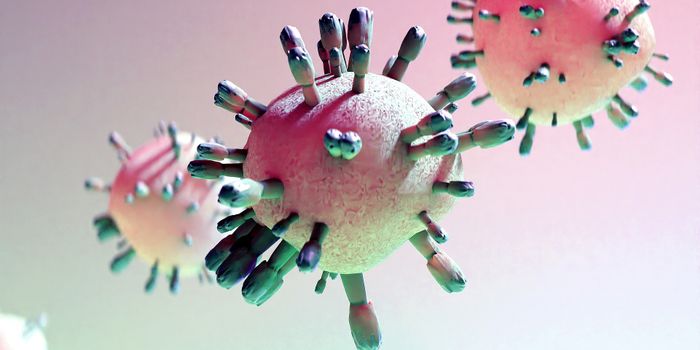The best way to keep an aggressive disease at bay may be on your spice rack, not in your medicine cabinet. You probably would be happy to have a sticky bun a day to ward off colon cancer too.

Researchers from the University of Arizona (UA) College of Pharmacy Department of Pharmacology and Toxicity and the UA Cancer Center believe that "a compound derived from cinnamon is a potent inhibitor of colorectal cancer," according to an article in Cancer Prevention Research and reported in Science Daily (http://www.sciencedaily.com/releases/2015/06/150615094439.htm).
Georg Wondrak, Ph.D., associate professor, and Donna Zhang, Ph.D., professor, who are affiliated with both institutions, have completed a study proving that the addition of cinnamaldehyde, the chemical compound that gives cinnamon its flavor and aroma, to the diet of mice protected the mice against colorectal cancer. When they were fed cinnamaldehyde, the "animals' cells had acquired the ability to protect themselves against exposure to a carcinogen through detoxification and repair," the article said.
According to Zhang, there is "an urgent need to develop more effective strategies" against colorectal cancer, which can be aggressive and difficult to control if not diagnosed early. Wondrak, who said that cinnamon is the third-most-consumed spice in the world, was eager to explore its health benefits, something that has not been done. Interestingly, colorectal cancer is the third-most-common cancer in the United States.
Colorectal cancer, or colon cancer, which occurs in the colon or rectum, when discovered early, is highly treatable, according to the Colorectal Cancer Alliance website, which adds. "Even if it spreads into nearby lymph nodes, surgical treatment followed by chemotherapy is highly successful. In the most difficult cases - when the cancer has metastasized to the liver, lungs or other sites - treatment can prolong and add to one's quality of life. Most colon cancers develop first as colorectal polyps, which are abnormal growths inside the colon or rectum that may later become cancerous." The American Cancer Society estimated that 136,830 people would be diagnosed in 2014 and 50,310 would succumb to colon cancer in the United States. Risk factors include being over 50, having polyps, having a family history of colon cancer and having genetic alterations (http://www.ccalliance.org/colorectal_cancer/overview.html).
The study, 'Nrf2-dependent suppression of azoxymethane/dextrane sulfate sodium-induced colon carcinogenesis by the cinnamon-derived dietary factor cinnamaldehyde,' has been published online. Now the researchers want to determine whether cinnamon, as differentiated from cinnamaldehyde, can prevent colorectal cancer as well as other diseases, such as inflammatory dysregulation and diabetes. Because cinnamon is considered safe, a human clinical trial could be relatively easy to obtain.









